According to the Education Secretary Damian Hinds, ‘every child must learn about gay relationships before leaving school’. Under plans drawn up by his department, educating pupils about LGBT relationships will become compulsory from September 2020.This announcement follows Angela Eagle’s emotional and passionate defence of a Birmingham school besieged by protesters for teaching children as young as four about gay couples and transgenderism.
Indeed, Anderton Park Primary School – the Birmingham school in question – has found itself at the centre of what some would characterise as a dispute between two very different value systems. On one side you have the self-styled defenders of secular, socially progressive liberalism, and on the other, you have conservative religious values or, more accurately in this case, conservative Muslim values. Damian Hinds’ colleague at the Department for Education, Nick Gibb, has certainly lacked circumspection when describing the dispute in such terms, dismissing the protesters as representative of the ‘extreme [end] of the debate’.
For several weeks now, predominantly Muslim parents have been demonstrating against the school’s approach to promoting equality – an approach that involves books that feature cross-dressing children and gay families. Shakeel Afsar, the self-appointed leader of the demonstrators who, interestingly, does not have a child at the school, accuses the headteacher, Sarah Hewitt-Clarkson, of ‘social engineering’. Clarkson has reportedly received threatening emails and phone calls and, in a further escalation of the dispute, hundreds of pupils were kept off school by disgruntled parents.
But should we see this as another example of secular values conflicting with those held by some of our more conservative Islamic communities? Like Nick Gibb, a recent Newsnight report certainly thinks we should. Apart from a perfunctory nod to ‘some’ Christians sharing the reservations of ‘some’ Muslims, there was little exploration of wider societal concerns about children being given these books. Neither was there an adequate discussion of the benefits and downsides of the school’s methods which are now being replicated in similar programmes in primary schools across the country.
This, in my view, is a mistake. First, of course we need to discuss and explore the possible implications and consequences of making pupils read books about cross-dressers, same-sex relationships and gay marriage. These are our children, after all. Secondly, we shouldn’t be dragged into viewing this dispute through the prism of progressive secularism versus reactionary religious conservatism. It is much more complicated than that. Many who consider themselves to be progressive secularists, for example, share the concerns of their more traditionally minded religious friends and neighbours.
Like many progressive secularists and conservative Muslims, Christians and Jews, and as a teacher of 15 years, I’m deeply concerned about schools exposing children to books about same-sex relationships and transgender peers without, at the very least, shedding some light on the possible implications.
Yes, some might argue that by openly challenging bigotry, encouraging tolerance and making LGBT pupils feel safe, respected and valued, such an approach has enormous benefits. But what if, instead of encouraging tolerance, highlighting alternative lifestyles does the opposite, especially if it conflicts with belief systems that are prominent in the pupils’ homes? Could it draw unnecessary attention to LGBT pupils and, as a consequence, encourage their vilification? Are these not questions worth asking, before we jump in, feet first, and experiment with the lives of our children?
By far my biggest concern, however, is trusting a highly politicised, ideological profession to dispassionately promote tolerance rather than encourage, even glorify, alternative lifestyles. Children are extremely impressionable and, generally speaking, will do almost anything to please adults, especially those, like teachers, in positions of power and authority. What wouldn’t my kids do to impress their teachers? What if one of these teachers convinces my son that he is gay or transgender, when he’s not? It’s not beyond the realms of possibility. After all, three generations of educators have convinced our children of the evils of capitalism, the Tory party and now, more recently, the abomination that is Brexit.
Before you accuse me of being a conspiracy theorist, consider the following: a teacher turned whistle-blower recently claimed that her school was tricking vulnerable children into believing that they were the wrong sex. According to the whistle-blower, most of the 17 pupils in the process of changing gender at the school were autistic. This is extremely worrying. If true – and, as a teacher, I have no reason to doubt the veracity of such claims – it’s clear that some teachers are abusing their positions to further a warped, misguided political agenda. Would you trust them to dispassionately teach your children about LGBT relationships? I certainly wouldn’t.
And herein lies the problem. Too many schools believe they’re in the business of indoctrinating and socially engineering our children. Until this simple fact is widely accepted and rectified, I’d rather teachers didn’t involve themselves in issues as sensitive as marriage and relationships. Often these teachers are young, naïve, inexperienced and armed with youthful idealism and a terrifying, burning sense of the new, politically correct morality. They are Corbyn’s shock troops.
Dressing up the Anderton Park Primary School dispute as a conflict between progressive secularism and reactionary religious conservatism is a kind of displacement activity. By characterising the demonstrators as reactionaries, and by implication extremists, the school is naturally portrayed as moderate, reasonable and mainstream. According to this narrative, there is nothing to discuss, apart from the intolerance of our more conservative religious communities. But this couldn’t be further from the truth. Many people, including some that would consider themselves to be progressive are deeply troubled by the prospect of their children being exposed to such material. The school’s position is neither moderate nor mainstream. It must be debated as a matter of urgency. And, as the debate progresses, Damian Hinds needs to put his policy on hold and listen before yielding to the demands of the powerful LGBT lobby. In this case, our children deserve circumspection.
Joe Baron is a pseudonym.
Got something to add? Join the discussion and comment below.
Get 10 issues for just $10
Subscribe to The Spectator Australia today for the next 10 magazine issues, plus full online access, for just $10.

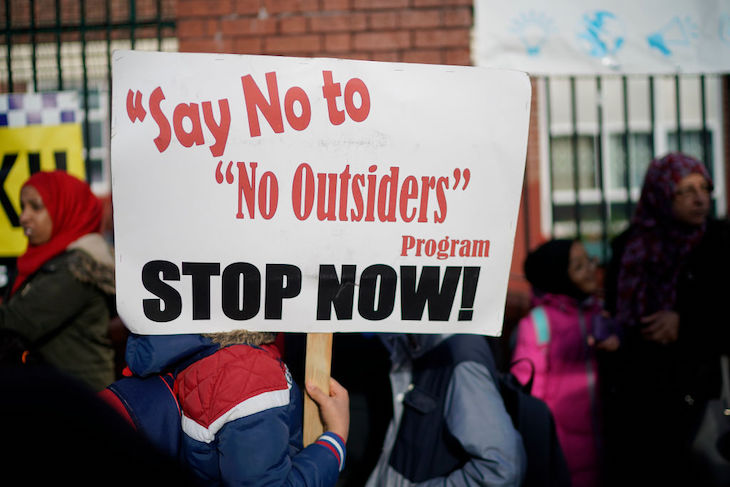
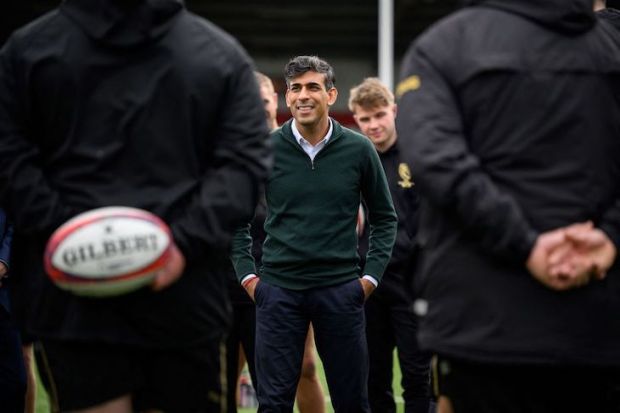
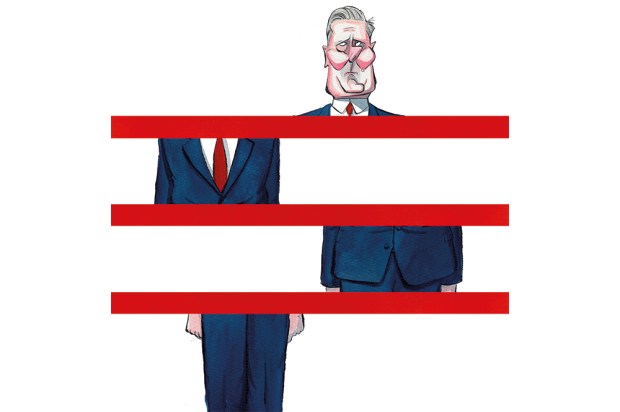
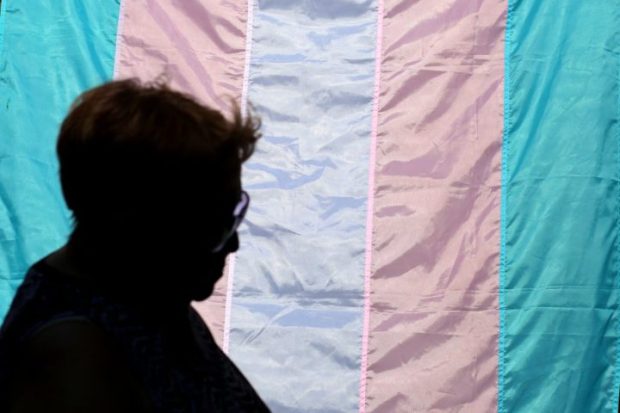
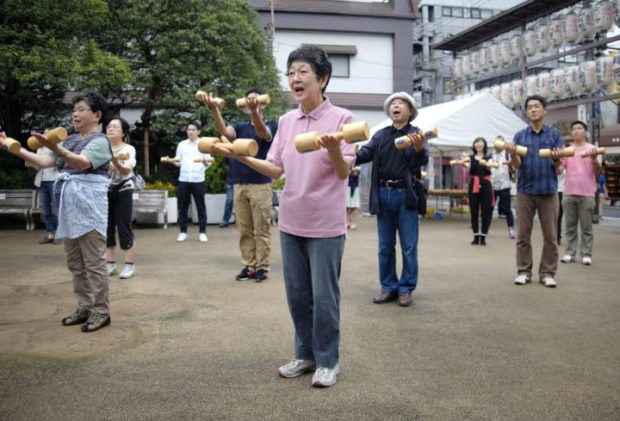
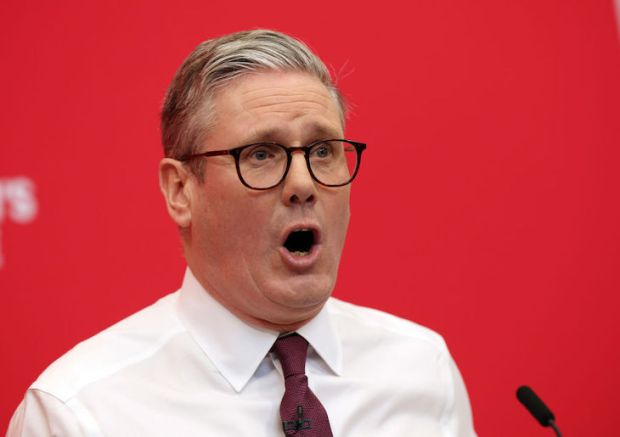













Comments
Don't miss out
Join the conversation with other Spectator Australia readers. Subscribe to leave a comment.
SUBSCRIBEAlready a subscriber? Log in